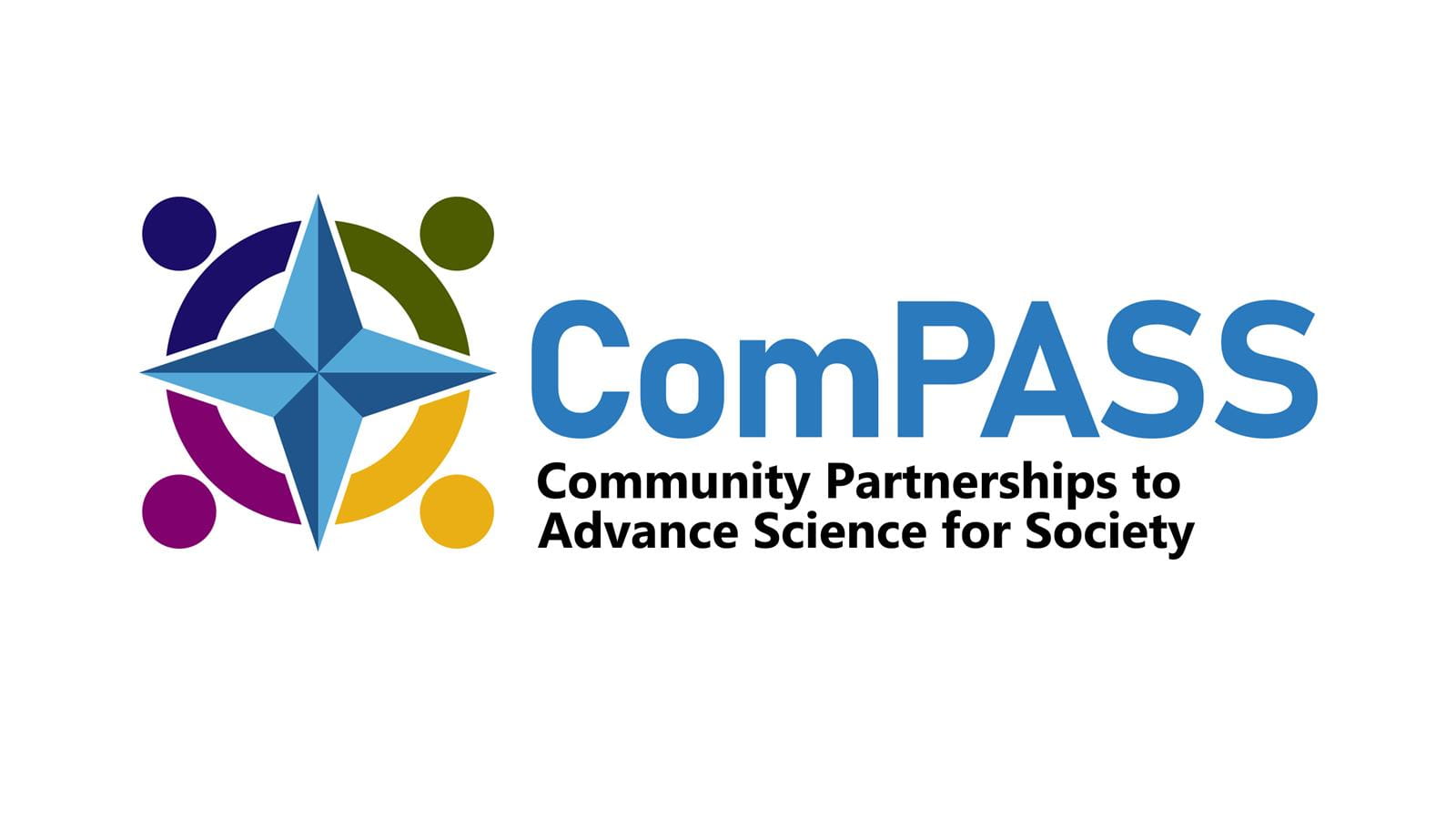Drexel’s Dornsife School of Public Health to Serve as National Coordinating Center for New NIH Community-led Health Equity Research Program

- When Climate Disasters Hit, They Often Leave Long-term Health Care Access Shortages, Drexel Study Finds
- New Research Highlights Health Benefits of Using Heritage Art Practices in Art Therapy
- Chief Defender at the Defender Association of Philadelphia, Keisha Hudson, Will Address Drexel Kline School of Law Graduates at Commencement
- How an Experiential Learning Research Project Led to a Full-Time Job

Drexel University’s Dornsife School of Public Health received a $20 million award to be disbursed over five years from the National Institutes of Health’s (NIH) Common Fund through the agency’s Community Partnerships to Advance Science for Society (ComPASS) program to study health equity solutions nationwide.
The ComPASS program enables research at 25 community-serving institutions that address underlying structural factors within communities that affect health -- often referred to as social determinants of health -- such as access to education, healthy food, employment, transportation, and health care.
Drexel will serve as the coordination center on the national initiative, working in partnership with the University of New Mexico College of Population Health and the data and social-science organization Mathematica. The ComPASS Coordinating Center at Drexel will be led by principal investigators Amy Carroll-Scott, PhD, an associate professor and chair of Community Health and Prevention, and Jan M. Eberth, PhD, a professor and chair of Health Management and Policy, both at Dornsife School of Public Health. Carroll-Scott and Eberth have assembled a diverse, multidisciplinary team to deliver structural intervention planning, implementation, and evaluation expertise and supports for the participating community-serving organizations.
The ComPASS Coordinating Center at Drexel will direct multiple components of the ComPASS Program through three interdependent cores: administrative, data, and research capacity building. The Drexel team’s work includes creation and facilitation of a national health equity research assembly; establishing communities of practice and related affinity groups to foster multi-sector collaboration and co-learning; the planning and delivery of a virtual kick-off and in-person annual meetings; developing content for the programmatic website; oversight of data collection, harmonization, reporting, and sharing processes; and delivery of expert-lead trainings, one-on-one and group consultations, and technical assistance for participating ComPASS organizations.
Since its inception, Dornsife School of Public Health has been committed to engaging community members in public health practice to foster better health outcomes.
“The ComPASS Program’s focus on upstream, root causes of health inequities and related solutions generated and supported at the community level is a brilliant strategy, and we’re thrilled to play a key role in this work,” said Carroll-Scott. “Our approach draws from Drexel’s civic and community engagement mission and the School of Public Health’s deep expertise supporting communities who understand best how to tackle the structural drivers of the health inequities they experience. With our close partners from the University of New Mexico and Mathematica, we are committed to supporting this work as well as gathering and sharing research evidence so that it informs local action and the broader field.”
The award’s principal investigators say that ComPASS and what researchers learn from it can change the culture of how to address social determinants of health and inform best practices for future research at the community level.
“The ComPASS Program is a unique and historic opportunity to showcase the power of community-led research,” said Eberth. “Drexel’s Coordinating Center provides the administrative and research backbone of the ComPASS Program, ensuring participating community-based organizations have the knowledge, skills, and supports necessary to successfully carry out their intervention research locally and collectively advance health equity.”
The ComPASS Coordinating Center team includes more than 20 Drexel faculty representing various departments, including Drexel’s Urban Health Collaborative and the A.J. Drexel Autism Institute:
- The administrative core will be led by Carroll-Scott and Eberth, along with Luis Arturo Valdez, PhD, an assistant professor in Community Health and Prevention and the Drexel Faculty Institutional Recruitment for Sustainable Transformation (FIRST) program.
- The data and research core will be led by Ana V. Diez Roux, MD, PhD, distinguished university professor of Epidemiology and director of Drexel’s Urban Health Collaborative, and Lindsay Shea, DrPH, director of the Policy and Analytics Center at the A.J. Drexel Autism Institute. They will work collaboratively with Paul Shattuck, PhD, a senior fellow, and Amal Harati, PhD, a senior researcher, both at Mathematica.
- The research capacity building core will be led by Jessie Kemmick Pintor, PhD, an assistant professor in the Health Management and Policy, and Kasim Ortiz, PhD, an assistant professor in Health Management and Policy and the FIRST program. They will work collaboratively with Shannon Sanchez-Youngman, PhD, an assistant professor, and Nina Wallerstein, DrPH, a professor, both at the University of New Mexico.
For more information about Drexel’s award (1U24NR021014-01), including full list of projects, read the NIH press release here.
Drexel News is produced by
University Marketing and Communications.